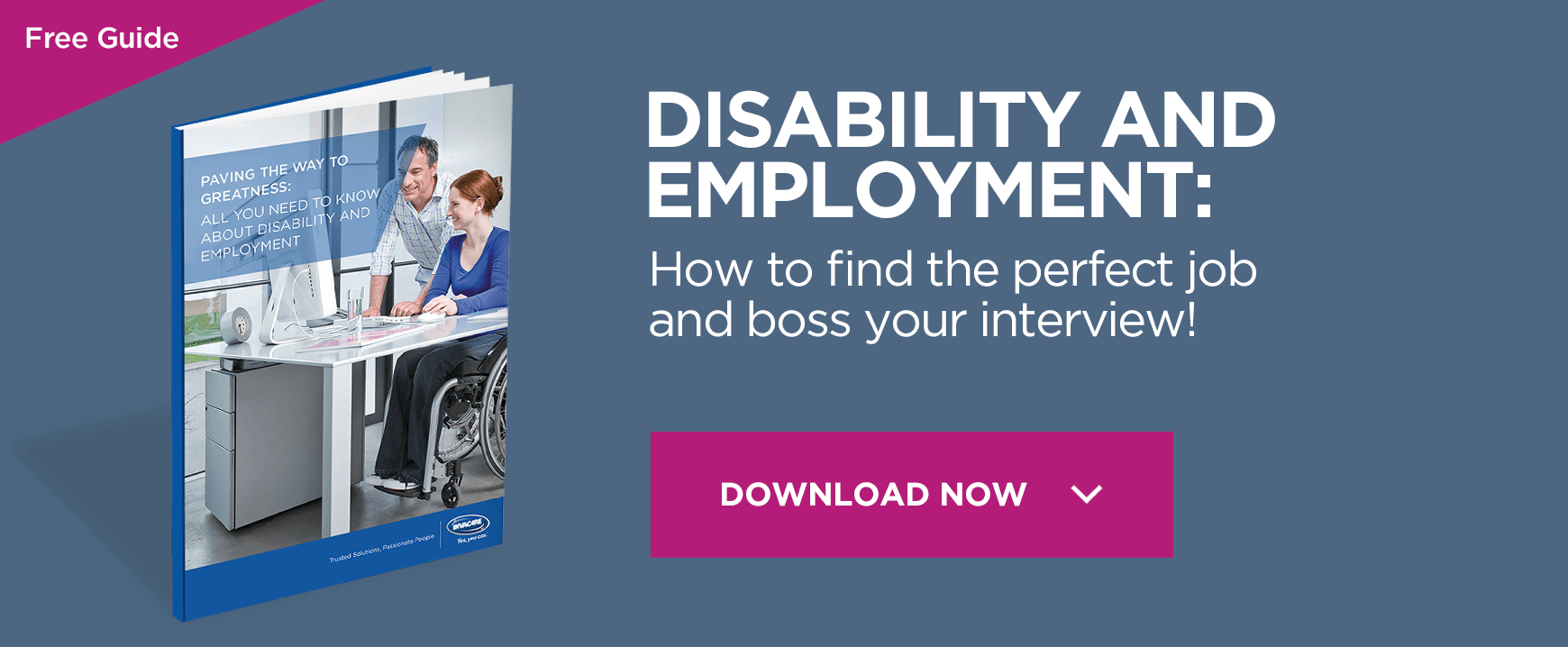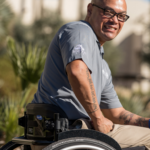Should I disclose my disability on my CV?

Applying for a new job is daunting enough st the best of times, but applying for a new job when you’re an individual with a disability can often take things to a whole new level.
Sure, there are several anti-discrimination acts in place all around Europe to help minorities such as those with a disability to get into work – but that doesn’t prevent some people from experiencing a form of subtle (or often not-so-subtle) ableism.
Speaking from experience, I’ve often been stumped by the dilemma faced when trying to decide whether or not to disclose my disability straight away, on my CV. On the one hand, my prospective employer is going to find out eventually, so why not let them know immediately and save any red faces and awkward conversations when you turn up for an interview and you’re not exactly what they had anticipated. But, having said that, on the other hand, why must you let them know ahead of time? Is a disability really such a defining characteristic which needs to be taken into consideration when selecting the best candidate for a job?
Well, in my opinion, the answer lies somewhere in the middle. I don’t tend to mention anything about my disability on my CV, or within my covering letter. This is largely down to the fact that I don’t find it to have any bearing or relevance when it comes to the job itself (unless of course it was a manual labour job – in which case, as a wheelchair user, this would be a bit more of a specific situation where my disability would indeed have a major impact on the decision making process).
If I’m lucky enough to be called in for an interview, I’ll then take a moment to enquire about the companies wheelchair access. Even at this point, I haven’t directly informed them that I myself am a wheelchair user – but I’ve given a significant hint, whilst at the same time, made appropriate enquiries about the access of the premises.
The reason I wait until being selected for an interview before alluding to my own disability is because if there was to be a case of employers having doubts over my ability to do the job, it’s a lot more awkward to turn someone down for their interview, after you’ve invited them for one. Nine times out of ten, I find that if I’ve been invited for an interview then I’ll still be welcomed even after letting them know I use a wheelchair. Whereas, if I’d disclosed my disability on my CV, I may not have been given that original interview offer.
Surely EU Legislation will protect me if I disclose my disability on my CV?
Despite EU legislation against workplace discrimination for job applicants with a disability, it is often still a grey area, with such discriminations at the interview stage being difficult to prove. It is fairly easy for a would-be employer to cite alternative reasons for someone not being invited for an interview, ranging from the job position already being filled, to the candidate being overqualified. Finding a way to prove that you’d been denied an interview on the grounds of disability is hard to come by. No employer is going to openly admit to it.
In conclusion, there are many different ways in which someone can approach their job application if they have a disability. What has worked for one person may not work for another. But for me, finding the balance between being honest, but at the same time, not giving too much away that might sway the employers decision, is vital. Once you’re through that door and into the interview scenario, then you can let your personality and employable assets shine – and soon all talk of disability will be just a distant memory.







